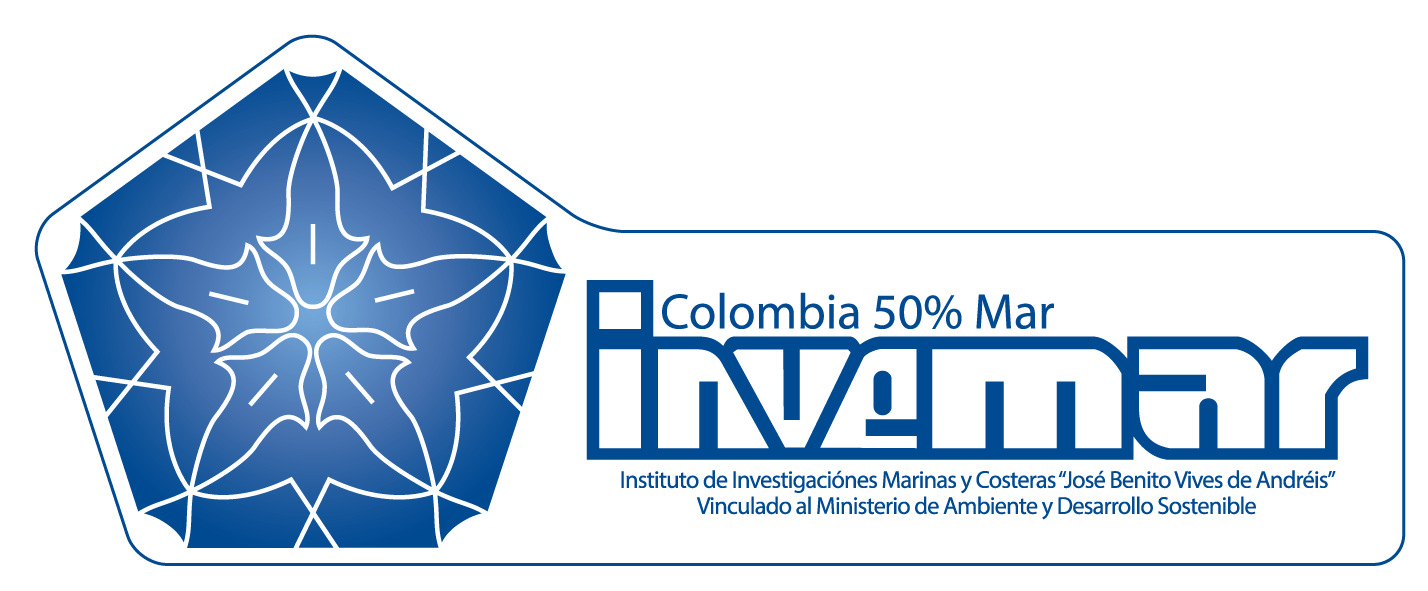Strengthening the OBIS Network for Latin America and the Caribbean
(OBIS-LAC)
Despite being one of the most megadiverse regions in the world, Latin America and the Caribbean (LAC) face persistent challenges in building robust, sustainable marine biodiversity data infrastructures. Economic constraints, fragmented data landscapes, and limited technical capacity prevent the region from realising its full potential in global biodiversity data initiatives and hinder informed conservation policies at local, national, regional and global levels.
To address these challenges, six OBIS Nodes from Latin America and the Caribbean proposed OBIS-LAC, an initiative aiming to advance data standardisation, interoperability, and open access practices across the region. POGO’s decision to fund OBIS-LAC was crucial to providing a steady start to seed the initiative. Thanks to POGO’s support, OBIS-LAC will take its first operational steps, with the goal to boost the region’s capacity to contribute to global biodiversity platforms, better align with international conservation efforts such as the Convention on Biological Diversity and its Kunming–Montreal Global Biodiversity Framework, as well as improve participation in major regional agreements, such as the Cartagena Convention. OBIS-LAC is directly built on the momentum initiated by the “OBIS Network For Latin America and the Caribbean”, the very first regional OBIS network, officially launched in March 2025.
OBIS-LAC will deliver two main key components:
- A regional workshop, bringing together OBIS Node data managers from Argentina, Brazil, Chile, Ecuador, Venezuela, and Colombia to co-develop the OBIS-LAC Action Plan, map capabilities, and set strategic priorities.
- An operational capacity-building training programme, focusing on data quality control, publishing protocols, and best practices for interoperability, designed for replication and adaptation in national contexts.
With a focus on capacity development, equitable participation, and developing new partnerships with the private sector, OBIS-LAC contributes directly to POGO’s strategic goals across Latin America and the Caribbean. Thanks to POGO’s support, the OBIS-LAC can work to strengthen data integration and collaboration, close observation gaps and boost the region’s contributions to global data biodiversity platforms. The OBIS-LAC team is sincerely grateful to POGO for making this first of many steps forward possible.
Status: Active Working group
Year: 2025 - 2026
Working group website
Working group Participants
Leader
- Pamela Hidalgo Diaz, Millennium Institute of Oceanography - IMO (University of Concepción), Chile
Participants
- Francisco A. Arias Isaza, Marine and Coastal Research Institute - INVEMAR, Colombia
- Erika Montoya Cadavid, Marine and Coastal Research Institute - INVEMAR, Colombia
- Nicolas Bralic, Millennium Institute of Oceanography - IMO (University of Concepción), Chile
- Braulio Fernandez, Millennium Institute of Oceanography - IMO (University of Concepción), Chile
- Ana Carolina Peralta, Instituto de Tecnología y Ciencias Marinas - INTECMAR | University of South Florida, Venezuela | USA
- Marcos Zarate, Centro Nacional Patagónico (CENPAT-CONICET), Argentina
- Ward Appeltans, OBIS Secretariat, Belgium
- Laurent Chmiel, OBIS Secretariat, Belgium
- Clara Fonseca, Sistema de Informação sobre a Biodiversidade Brasileira (SiBBr), Brazil
- Victor Chocho, Ministerio del Ambiente, Agua y Transición Ecológica de Ecuador - MAATE, Ecuador
- Joxmer Scott-Frias, Universidad Central de Venezuela, Instituto de Zoologia y Ecologia Tropical - IZET, enezuela
- Armando Rodríguez Toscano, Marine and Coastal Research Institute - INVEMAR, Colombia


